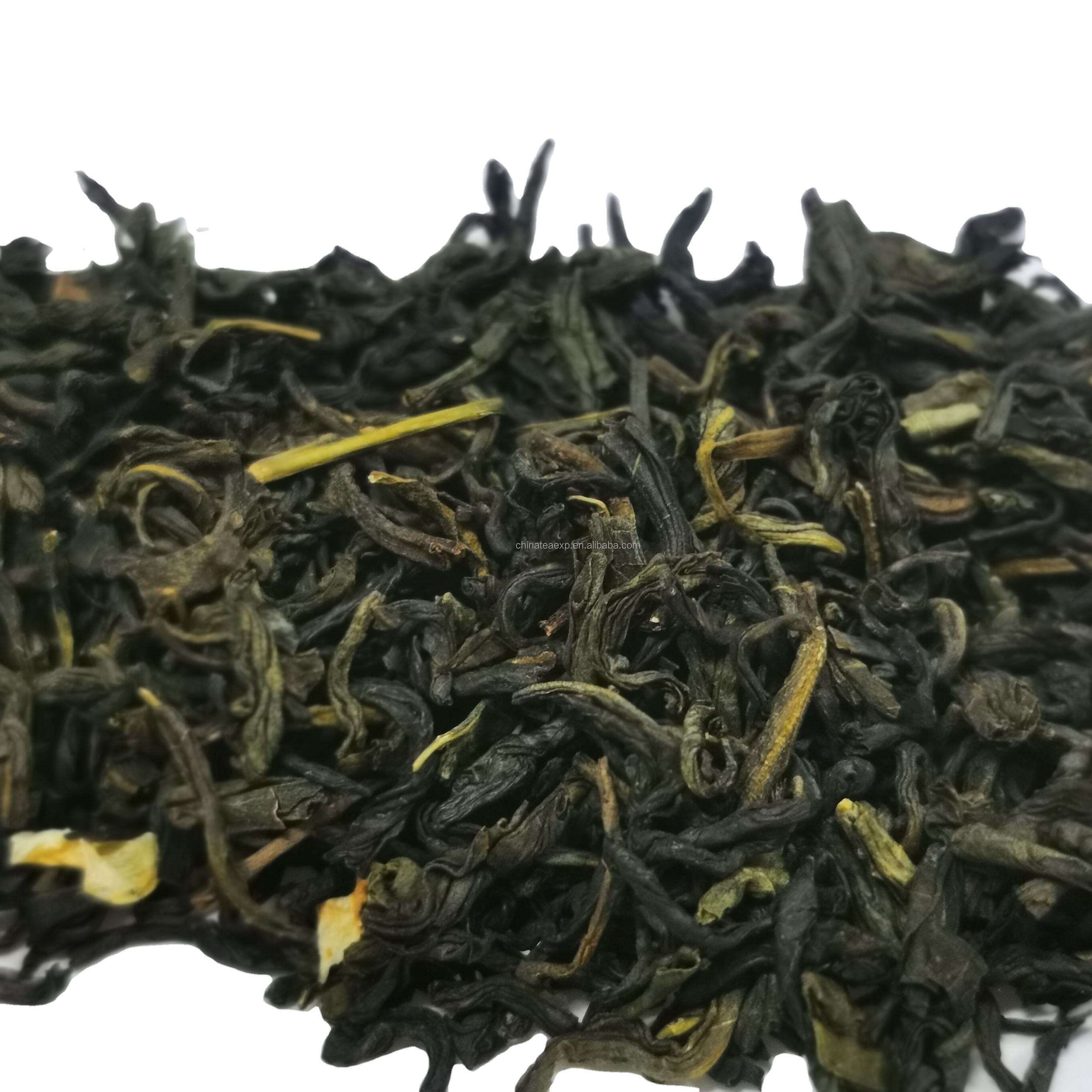
What Green Tea is All About
Green tea is brewed with leaves of the Camellia sinensis plant that are non-oxidized. In comparison to black or oolong tea, which have gone through numerous processes, green tea is produced in a way that avoids excessive alteration because it needs to maintain its natural antioxidants and nutrients. The oxidation process is kept to a minimum which gives green tea its sweet green taste and light color.
Green tea has for many years, and throughout many cultures, been used as an all-round remedy and a symbol of self-control and longevity. Even from ancient times, green tea has played its role, and now it is no exception, as it properly fits with modern day wellness trends and is used in Asian tea ceremonies alike.
Glimpse of the Greatness of Green Tea
Green tea has a lot of active biological substances, including catechins, which is a kind of an antioxidant found in nature among these compounds. These components help in the protection of cells from degradation and also minimize inflammation which can prevent some chronic disorders from occurring. Caffeine as well as the amino acid L-theanine are also present in green tea, both of which work in unison to stimulate and relax one’s mind.
In green tea, a specific catechin worth mentioning is epigallocatechin gallate (EGCG), which is believed to stimulate metabolic activity, promote heart function and enhance brain activity. It's also easy to include benefits these compounds offer into your dietary practices since green tea is simple to add in the list of beverages consumed on a daily basis.
Health Benefits of Green Tea
Green tea provides a plethora of health benefits such as:
Weight Loss Improvement: Natural caffeine and EGCG content present in green tea helps in fat oxidation which is one of the reasons behind the popularity of green tea among weight loss enthusiasts.
Cardiovascular Function: Having green tea on regular basis will assist with lowering bad cholesterol and enhancing circulation which is beneficial for the heart.
Cerebral Center: The twinning of caffeine and EGCG has been shown to improve attention and concentration without causing jittery effects.
Immune defender: Green tea also acts as an immune defense by providing antioxidants as well as combating free radicals.
How to Brew the Perfect Cup of Green Tea
There are important steps which should be followed while making green tea so that pure taste can be experienced:
Water Temperature: Squeeze it by dipping the tea in water that is around 70-80 degrees Celsius. If the water was boiled, the leaves would scorch and make the tea unpleasant.
Steeping Time: The time period of steeping should not exceed 3 minutes. If steeped longer than this, it would create strong tannins which are akin to dry mouth experienced after consuming powerful teas.
Amount: For optimum taste, add 1 – 2 teaspoons of green tea leaves per cup of water.
Green tea is excellent drink hot or cold, and can even be incorporated into smoothies and desserts as a base.